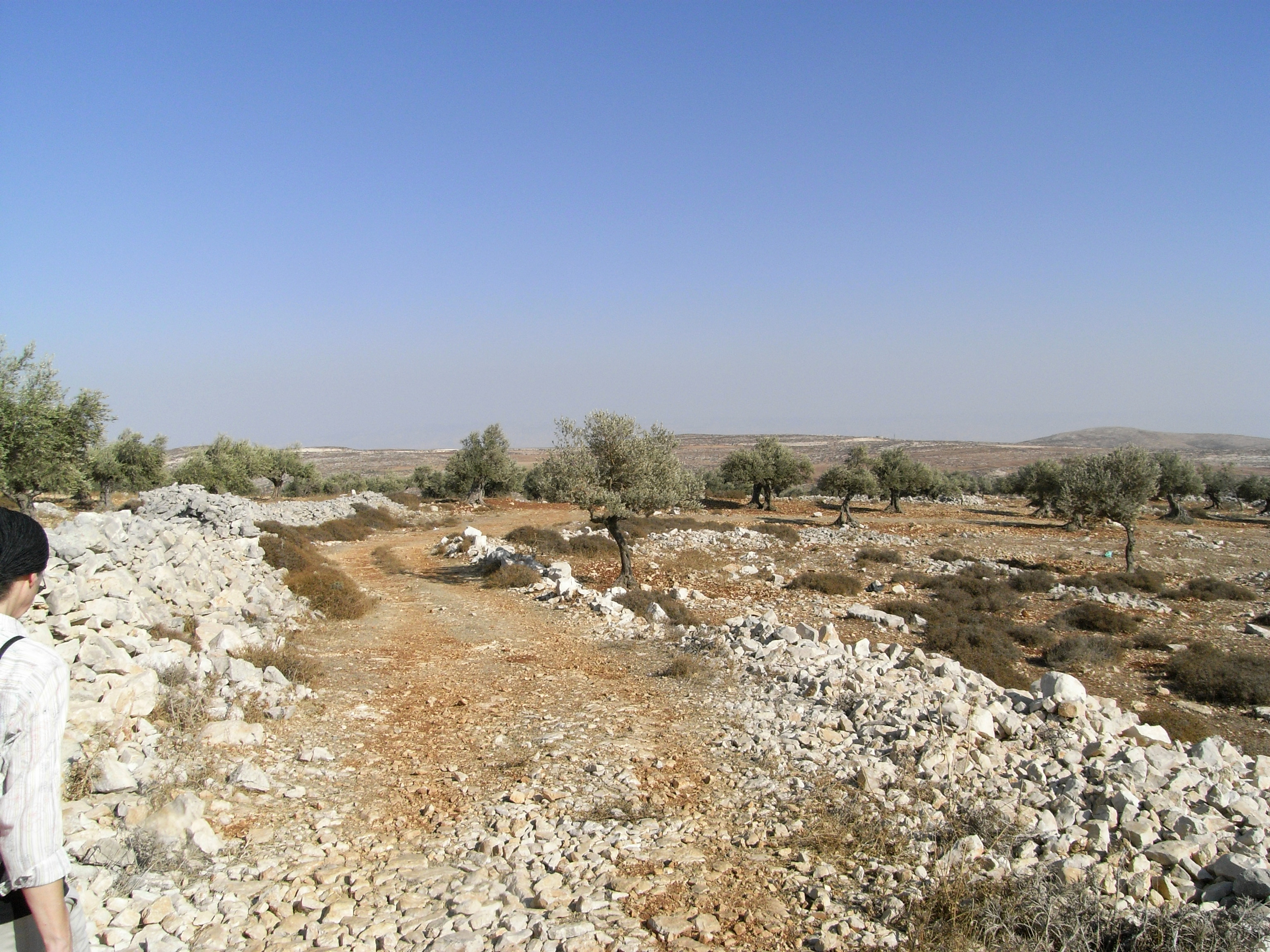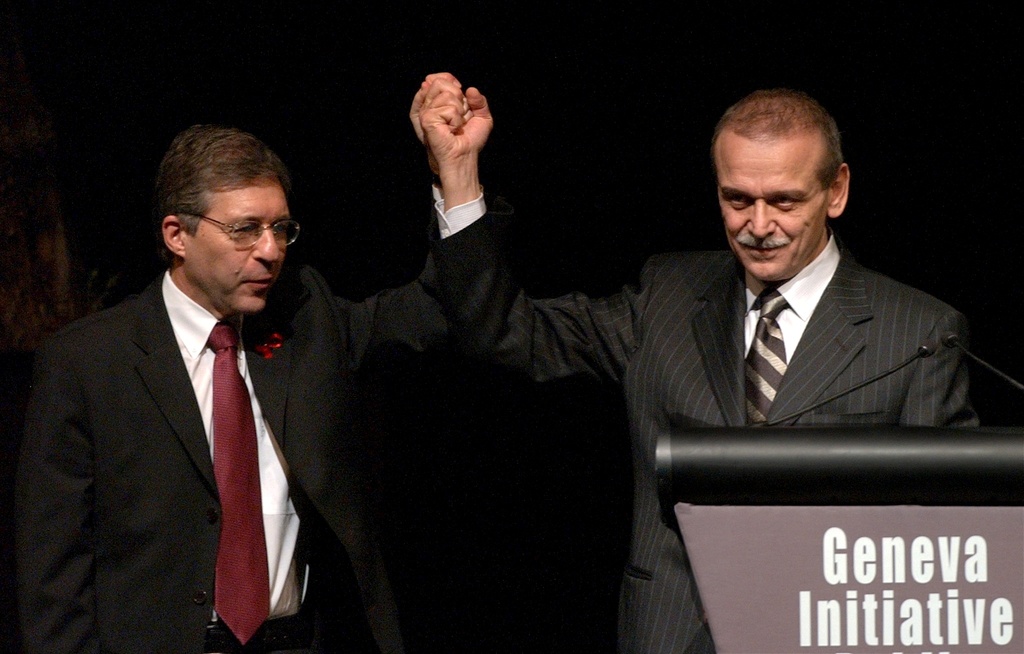Unesco faces cost of Palestine vote

The United Nations culture agency is dealing with the financial consequences of a political decision taken in October – a funding shortfall of 22 per cent.
On October 31 the United States suspended its financial contribution to Unesco after Palestine was admitted as a full member.
“The situation is difficult, no one can deny it,” Eric Falt vice-director general for external relations and public information at Unesco told swissinfo.ch.
The impact is brutal and immediate: the agency is $35 million (SFr32.2 million) short between now and the end of the year and in 2012 faces a hole of $60 million – the regular US contribution to its annual budget.
This is not the first time the US and Unesco have fallen out. In 1984 under Ronald Reagan’s presidency, the US withdrew from the Paris-based organisation because of its “anti-American” stance and “extremely bad management”. The US only rejoined again in 2003.
That was then
The two situations are totally different, according to Falt. “We are collaborating very closely with the Americans, who have been forced to suspend their payments,” he said.
Two laws dating from the 1990s prohibit Washington from subsidising any UN organisation that recognises Palestine as a full member, as long a durable peace deal has not been signed with Israel.
The financial hole threatens “programmes supporting the free media in Iraq, Tunisia and Egypt, the revision of school books inciting intolerance in Iraq, literacy teaching for thousands of police officers in Afghanistan and the tsunami alert system set up on October in Asia”, Unesco’s director general Irina Bokova said recently.
But where will the cutbacks be felt the hardest? How is it possible to introduce austerity measures equitably in an organisation with several areas of competence, including education, culture, science and communication?
“Every large programme sector will have to carry out internal assessments,” Falt said. “Until the end of the year, meetings, conferences and publications have already been cancelled or postponed.”
Manageable
Swiss ambassador to Unesco Rodolphe Imhoof judges the situation difficult but manageable.
“Priority should be given to programmes rather than administration. Unesco can still save money, particularly in modernising its communications systems. Every crisis, if it is well managed, can be an opportunity for an organisation of this type,” he said.
Bokova shares the same opinion. “I am totally prepared to revise the full range of our actions, our ways of operating, our structures at the Secretariat,” she said. Bokova was elected head of the organisation with a mandate to continue the reform work of her predecessor Koïchiro Matsuura.
At the end of 2009, former Swiss ambassador to Unesco Ernst Iten said that the organisation was not really fulfilling its mission. “The agency should rediscover its role as a laboratory for education and culture,” he said.
Iten gave an example of Unesco’s lack of dynamism. “In the human and social sciences sector Unesco has not managed to do the necessary work to respond to the economic crisis. It has failed in its task,” he said.
Steering role
Two years later, Unesco has retaken its steering role in education, according to Imhoof. “All Bokova’s statements prove it. You cannot have sustainable development if you do not put in place solid education, adapted to the [local] needs… It’s no use training doctors of law if they end up selling vegetables or unemployed.”
Imhoof praised the leading role of the International Bureau of Education (IBE), a Unesco organisation, with headquarters in Geneva.
The IBE is the working arm of Unesco specialising in pedagogical method and content. “The last General Conference confirmed the IBE as a centre of excellence in terms of curricula,” Imhoof said. Will the bureau be affected by saving measures? “No more or less than the other sectors,” he said.
The wheels of the organisation keep on turning. Bali was the location in November of a meeting of the Intangible Cultural Heritage committee. Intangible heritage is a newly-created category of the famous World Heritage List steadfastly defended by Unesco.
Al Sadu, a form of traditional weaving practised in the United Arab Emirates and Eshuva the prayer chant of indigenous Peruvians, were added, along with nine other traditions from around the world to the list of intangible cultural heritage in need of urgent safeguarding.
Unesco is the United Nations Organisation for education, science and culture.
Founded in 1945, Unesco has its headquarters in Paris and a further 50 field offices around the world.
The International Bureau of Education in Geneva is part of Unesco.
Unesco has 193 Member States and seven Associate Member States.
Mission statement: “As a specialised agency of the UN system, Unesco contributes to the building of peace, the alleviation of poverty, sustainable development and intercultural dialogue through education, the sciences, culture, communication and information.”
The United States joined Unesco at its founding but later withdrew in 1984 because of “a growing disparity between US foreign policy and Unesco goals”.
Switzerland ratified the Convention on Intangible Heritage in 2008 and launched a vast consultation process to assemble a list of possible Swiss candidates.
The cantons put forward more than 400 customs, 167 of which were accepted by the Federal Culture Office. Among them skating on the Doubs (Neuchâtel) and the Saint Nicholas festival in Fribourg.
The inventory will be presented to the public at the beginning of 2012, according to David Vitali of the Culture Office. Bern will then decide the shortlist to be presented to Unesco.
Switzerland is not concerned about budget cuts on this project. “The World Heritage Sites are mostly the responsibility of member states,” Vitali said.
(Translated from French by Clare O’Dea)

In compliance with the JTI standards
More: SWI swissinfo.ch certified by the Journalism Trust Initiative













You can find an overview of ongoing debates with our journalists here . Please join us!
If you want to start a conversation about a topic raised in this article or want to report factual errors, email us at english@swissinfo.ch.